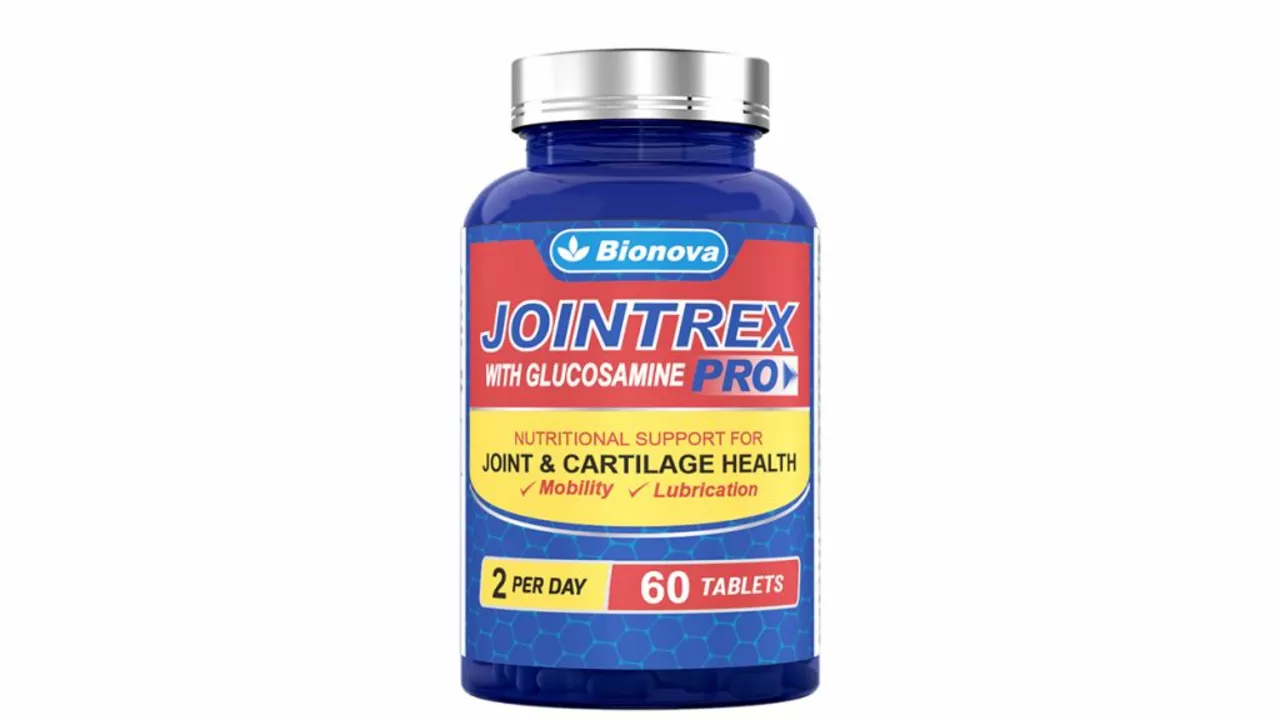Joint Health: Simple Ways to Keep Your Knees and Joints Strong
If you’re tired of creaky knees or sore elbows, the good news is that a few daily changes can make a big difference. Most joint problems come from wear‑and‑tear, inflammation, or weak supporting muscles. By tackling these three areas, you’ll feel more flexible and less painful without spending hours at the gym.
Everyday Habits That Protect Your Joints
First, move with purpose. Short walks, light stretching, and low‑impact activities such as swimming keep synovial fluid flowing, which lubricates cartilage. Aim for 20–30 minutes a day; you don’t need to run marathons to see benefits.
Second, watch your posture. Slouching puts extra pressure on the spine and hips, leading to joint strain over time. When you sit, keep your feet flat on the floor and your back supported. Simple reminders—like a sticky note on your monitor—can help you reset throughout the day.
Third, manage weight. Extra pounds act like a constant load on knees, hips, and ankles. Even a modest loss of 5‑10 % can reduce joint pain by half. Pair small diet tweaks (more veggies, fewer sugary drinks) with regular movement for lasting results.
Best Supplements for Joint Support
When food alone isn’t enough, targeted supplements fill the gaps. Here are the three most researched options:
Glucosamine & Chondroitin – These building blocks help cartilage repair and reduce inflammation. Most studies show modest pain relief after 8‑12 weeks of daily use.
Omega‑3 Fatty Acids – Found in fish oil, EPA and DHA calm joint inflammation at the cellular level. A dose of 1 g per day can improve stiffness and morning soreness.
Turmeric (Curcumin) – The active compound in turmeric blocks inflammatory pathways similar to some prescription drugs but without strong side effects. Look for products with added black pepper extract for better absorption.
Take supplements with meals, stay consistent, and give them a few weeks to show results. If you’re on medication, check with your pharmacist before adding new compounds.
Beyond pills, consider foods rich in collagen‑boosting nutrients: bone broth, citrus fruits (vitamin C), and leafy greens (vitamin K). These help maintain the structural proteins that keep joints sturdy.
Finally, listen to your body. If a movement causes sharp pain, stop and reassess—pain is a warning sign, not a badge of honor. Combine smart habits with the right supplements, and you’ll notice steadier mobility and less ache in weeks rather than months.







